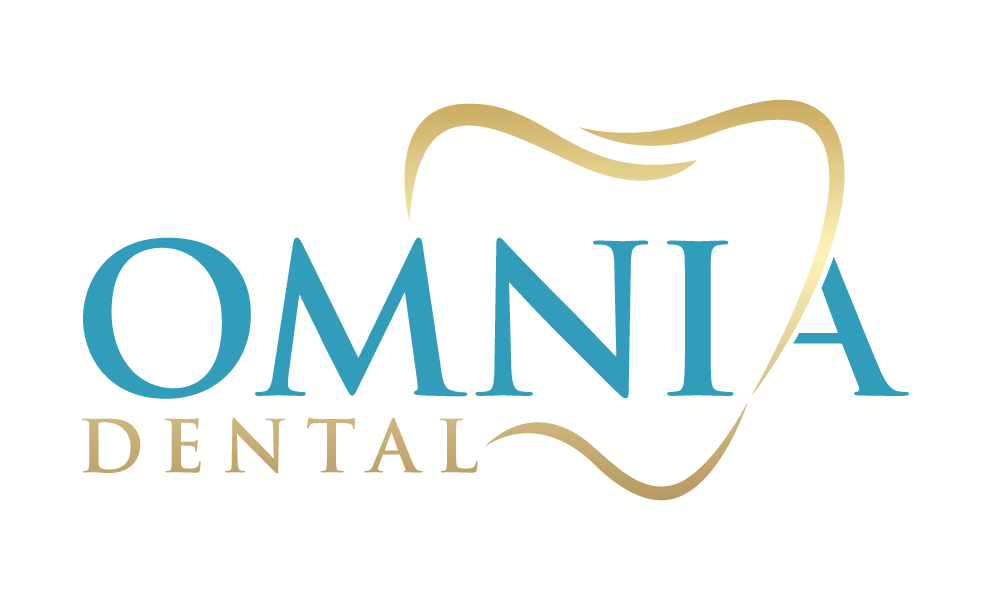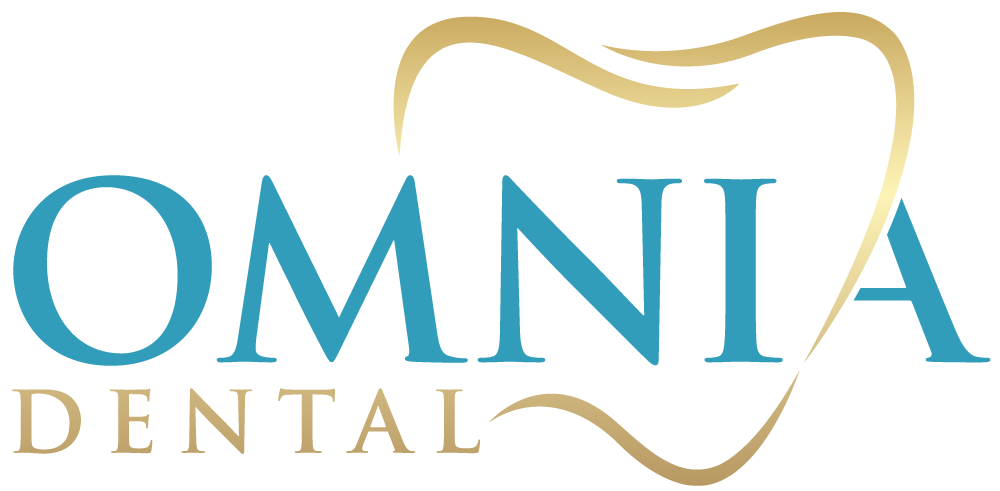
Anxiety, the Greatest Barrier to Care
Few things evoke more stress than the knuckle whitening anxiety people often feel at the dentist. Whether it is the memory of a past traumatic experience or fear of the unknown, fear prevents most patients from walking through my door. I can’t even blame individuals for this reaction. Traditionally, the moment you set foot inside a dental office your senses were accosted by sights, sounds and smells that elevated your blood pressure.
The desire to avoid this scenario is what makes most people hold off on visiting the dentist until pain leaves them with no other option. When they finally resolve to get the problem taken care of, patients are often made to feel shame for letting things get so bad.
If you are one of the estimated 36% of the population that are affected by dental fear and anxiety, please know that you are not alone [1]. It is so common that it is something we deal with on an almost daily basis in my practice. On behalf of my profession, please accept my heart felt apology. Believe me when I say that your anxiety is our anxiety. Nothing brings me more fulfillment than helping a severely anxious patient overcome their fears and achieve their oral health goals.
There are many strategies that can be used to overcome dental anxiety ranging in degree of medical intervention:
Self-soothing strategies:
- Meditation and positive affirmations beginning long before your scheduled appointment can do wonders to put you in a better frame of mind. Be kind to yourself and remember to take each moment as it comes and not focus on what will happen in the future.
- A Good night’s sleep before the appointment will help to minimize the body’s natural stress hormones, putting you in the best position to overcome your anxiety. Make sure you schedule time for a long uninterrupted rest.
- Eating a well-balanced meal the morning of your appointment will help prevent blood sugar spikes and keep stress hormones at bay.
Acclimate to your surroundings:
- Meeting the doctor and staff prior to your appointment can help reduce your fear of the unknown. If you have the opportunity, walk into the dental office and get a feel for the office vibe before scheduling. This lets you get familiar with the layout and the atmosphere in the dental practice.
- Work up to more involved procedures. Start with something simple like an exam and cleaning. Ask the doctor to start with the simplest fillings as a first step before you jump into more involved procedures.
Tell – Show – Do:
- This is a technique which dental providers use to help relieve the fear of the unknown. It is exactly what it sounds like. We first calmly explain to patients what we are about to do, demonstrate what they should expect and only then continue with the procedure. For many people, knowing exactly what will happen next helps them calm the fight or flight reflex triggered in the dental chair.
Distraction:
- Stress balls or fidget spinners are a great way to calm your nerves. Keeping your hands busy can help take the edge off of your fight or flight reflex
- At Omnia Dental we have ceiling mounted TVs so patients can watch TV while procedures are done. This is the best distraction tool!
Nitrous oxide (Laughing Gas):
- Nitrous Oxide or Laughing gas is the oldest and most studied form of anxiety relief and anesthesia. It has been studied for centuries and is proven to be a safe and reliable way to relax in the dental chair.
- At Omnia Dental we use a top-of-the-line Accutron Digi Flow Nitrous Oxide System. This piped in digital monitoring system is the gold standard to safety and effectively deliver nitrous oxide chairside.
Benzodiazepine Anti Anxiety Medication : Valium, Halcion etc.
- For the most severely anxious patient there is the option for heavier anxiolytic medications. These medications can be prescribed to you by dental providers that are licensed for in office sedation. It involves a combination of medications taken the night before a visit by the patient as well as medications administered in the office during the visit. Patients are monitored by certified staff and the whole process must be cleared by their primary care physician. Benzodiazepine sedations appointments require the patient to be driven to and picked up from their appointments by a responsible friend or family member.
There are many options for anxiety relief for dental visits. Please do not hesitate to ask your dental provider for more information.
- Why Are People Afraid of the Dentist? Observations and Explanations. Med Princ Pract. 2014 Jul; 23(4): 295–301. L. Beaton, et al. Published online 2013 Dec 20. doi: 10.1159/000357223
